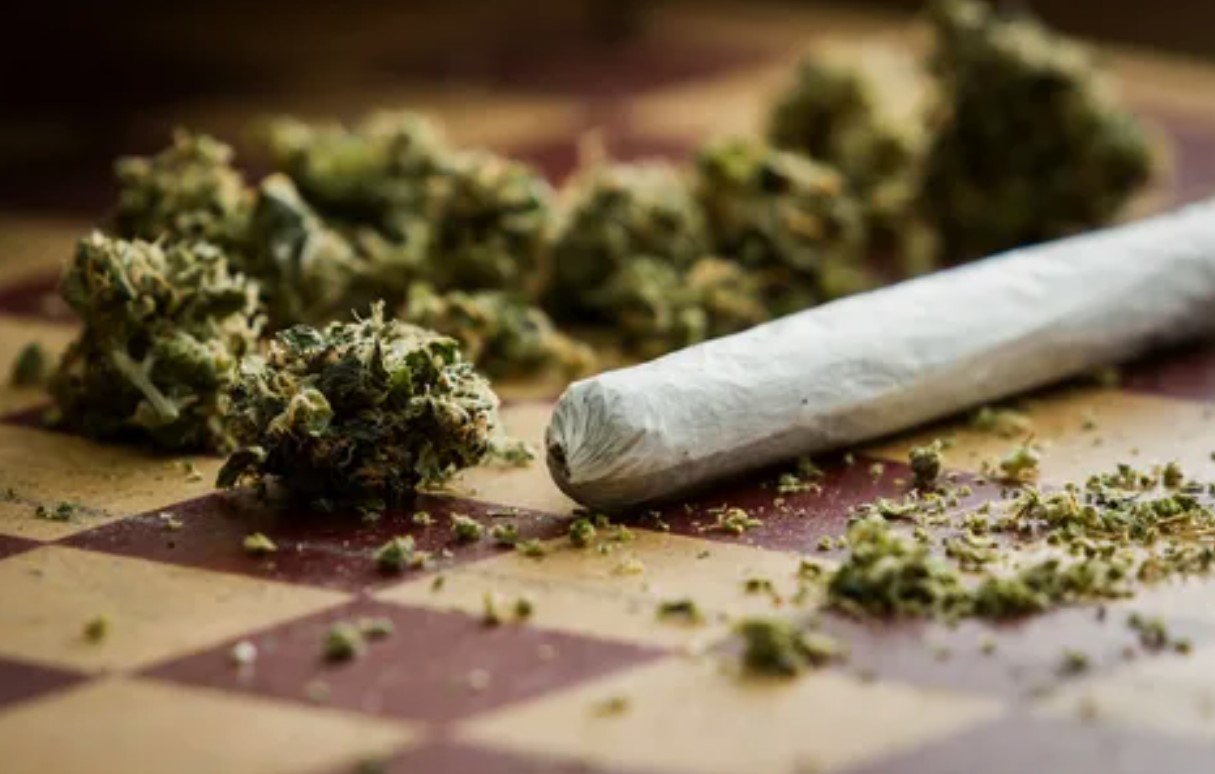
Marijuana use is common in Berkeley, but not everyone can manage it responsibly. Some people develop dependence or addiction, which can affect their daily lives. Berkeley marijuana treatment programs offer various options to help individuals reduce or quit marijuana use. These programs provide medical, psychological, and social support to ensure long-term recovery.
What is Marijuana Addiction?
Marijuana addiction, also known as cannabis use disorder, occurs when a person cannot stop using despite negative consequences. Many believe marijuana is harmless, but frequent use can lead to dependence. Symptoms include cravings, withdrawal symptoms, and neglecting responsibilities. Berkeley marijuana treatment programs address these issues with evidence-based therapies.
Withdrawal symptoms can make quitting difficult. Common signs include irritability, sleep problems, and loss of appetite. Treatment programs help manage these symptoms through medical supervision and counseling. Understanding addiction is the first step toward recovery, and professional support can make the process easier.
Types of Berkeley Marijuana Treatment Programs
Berkeley offers different treatment options depending on individual needs. Some programs focus on outpatient care, while others provide intensive inpatient treatment. The right choice depends on the severity of addiction and personal circumstances.
Outpatient Treatment Programs
Outpatient programs allow individuals to receive treatment while living at home. These programs are ideal for those with mild to moderate addiction. Patients attend therapy sessions and support groups while maintaining daily routines. Berkeley outpatient programs often include cognitive-behavioral therapy (CBT) and motivational interviewing.
The flexibility of outpatient care makes it a popular choice. People can continue working or attending school while getting help. However, success requires commitment, as staying in a familiar environment can sometimes trigger relapse.
Inpatient Rehabilitation Programs
Inpatient programs provide a structured environment for recovery. Patients stay at a treatment facility for a set period, usually 30 to 90 days. These programs are best for severe addiction or those who have tried outpatient treatment without success.
Inpatient care includes medical supervision, individual therapy, and group counseling. Removing access to marijuana helps patients focus on recovery. Berkeley inpatient facilities often offer holistic therapies like yoga and meditation to support mental health.
Support Groups and Counseling
Support groups like Marijuana Anonymous (MA) provide peer support for recovering users. These groups follow a 12-step model similar to Alcoholics Anonymous. Sharing experiences with others facing similar struggles can be incredibly helpful.
Individual counseling is another key component of treatment. Therapists help patients identify triggers and develop coping strategies. Many Berkeley programs combine counseling with other therapies for a well-rounded approach.
Benefits of Professional Marijuana Treatment
Attempting to quit marijuana alone can be challenging. Professional treatment increases the chances of success. Here are some key benefits of enrolling in a Berkeley marijuana treatment program:
Medical Support for Withdrawal
Withdrawal symptoms can be uncomfortable, but medical professionals can help manage them. Some treatment programs offer medications to ease anxiety, insomnia, or nausea. Doctors monitor progress and adjust treatment plans as needed.
Behavioral Therapy for Long-Term Recovery
Therapy helps individuals understand why they use marijuana and how to change their habits. Cognitive-behavioral therapy (CBT) is particularly effective. It teaches patients to recognize negative thought patterns and replace them with healthier behaviors.
Relapse Prevention Strategies
Relapse is common, but treatment programs teach strategies to avoid it. Patients learn to identify high-risk situations and develop coping mechanisms. Ongoing support through aftercare programs helps maintain sobriety after treatment ends.
How to Choose the Right Berkeley Marijuana Treatment Program
Selecting the best program depends on individual needs. Here are some factors to consider:
Assessing the Level of Care Needed
Those with severe addiction may need inpatient treatment, while others might benefit from outpatient care. A professional assessment can determine the right level of support. Many Berkeley facilities offer free consultations to evaluate needs.
Checking Accreditation and Licensing
Reputable programs should be licensed and staffed by qualified professionals. Look for facilities accredited by organizations like the Joint Commission or the Commission on Accreditation of Rehabilitation Facilities (CARF).
Considering Insurance and Payment Options
Treatment costs vary, so it’s important to check insurance coverage. Many Berkeley programs accept Medicaid or private insurance. Some facilities offer sliding-scale fees or payment plans for those without insurance.
The Role of Family in Marijuana Addiction Treatment
Family support can significantly impact recovery. Many Berkeley programs include family therapy to improve communication and rebuild trust. Educating loved ones about addiction helps them provide better support.
Family Therapy Sessions
Therapists work with families to address conflicts and set healthy boundaries. Family involvement can reduce relapse rates by creating a supportive home environment.
Support for Family Members
Addiction affects the entire family. Some programs offer counseling specifically for family members. This helps them cope with stress and learn how to assist in the recovery process.
Life After Marijuana Treatment: Staying Sober in Berkeley
Recovery doesn’t end when treatment does. Staying sober requires ongoing effort. Berkeley offers many resources to help individuals maintain their progress.
Aftercare Programs and Sober Living Homes
Aftercare programs provide continued therapy and support groups. Sober living homes offer a drug-free environment for those transitioning back to daily life. These resources help prevent relapse and reinforce healthy habits.
Building a Sober Social Network
Connecting with others in recovery can provide encouragement. Berkeley has many sober communities and recreational activities that don’t involve substance use. Engaging in new hobbies and friendships helps replace old habits.
Continuing Therapy and Self-Care
Regular therapy sessions can address ongoing challenges. Practicing self-care, such as exercise and mindfulness, improves mental health and reduces cravings. A balanced lifestyle supports long-term recovery.
Conclusion
Berkeley marijuana treatment programs offer effective solutions for those struggling with addiction. From outpatient counseling to inpatient rehab, various options are available to meet different needs. Professional treatment provides medical support, therapy, and relapse prevention strategies. Family involvement and aftercare programs further enhance recovery success. If you or someone you know is dealing with marijuana addiction, seeking help from a Berkeley treatment program can be the first step toward a healthier, sober life.